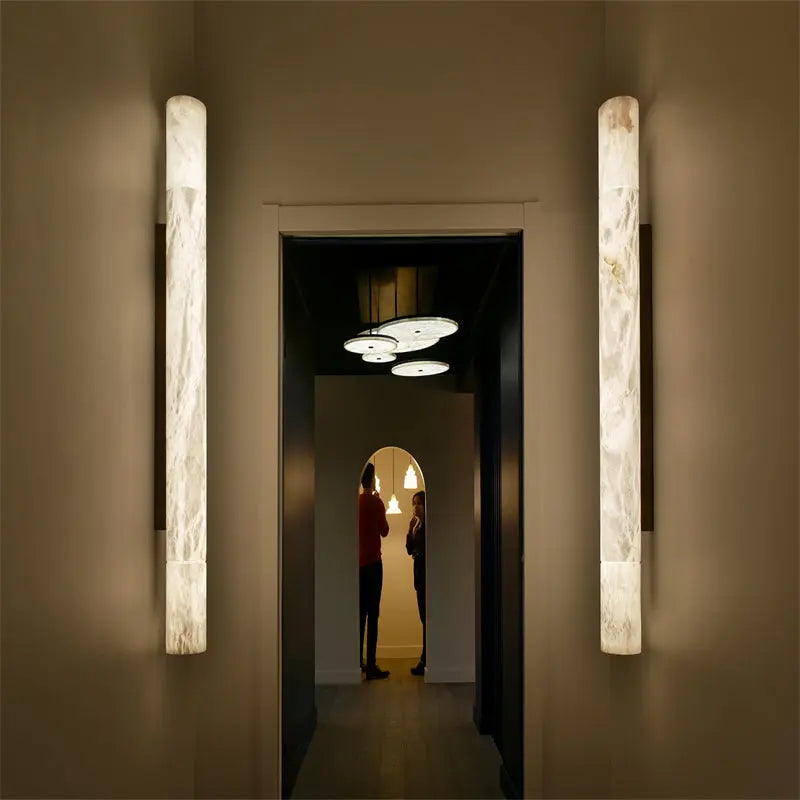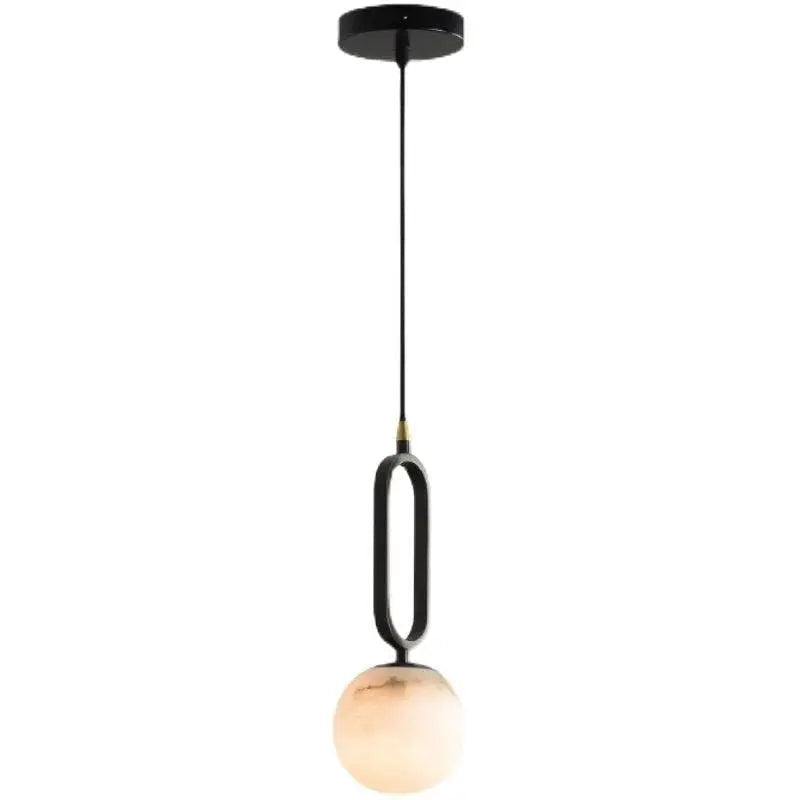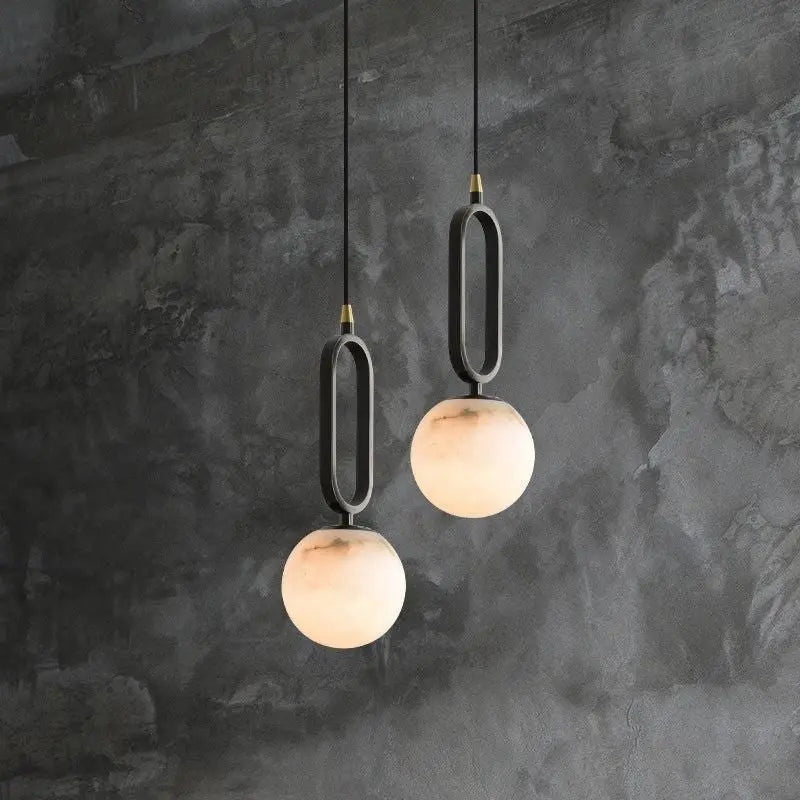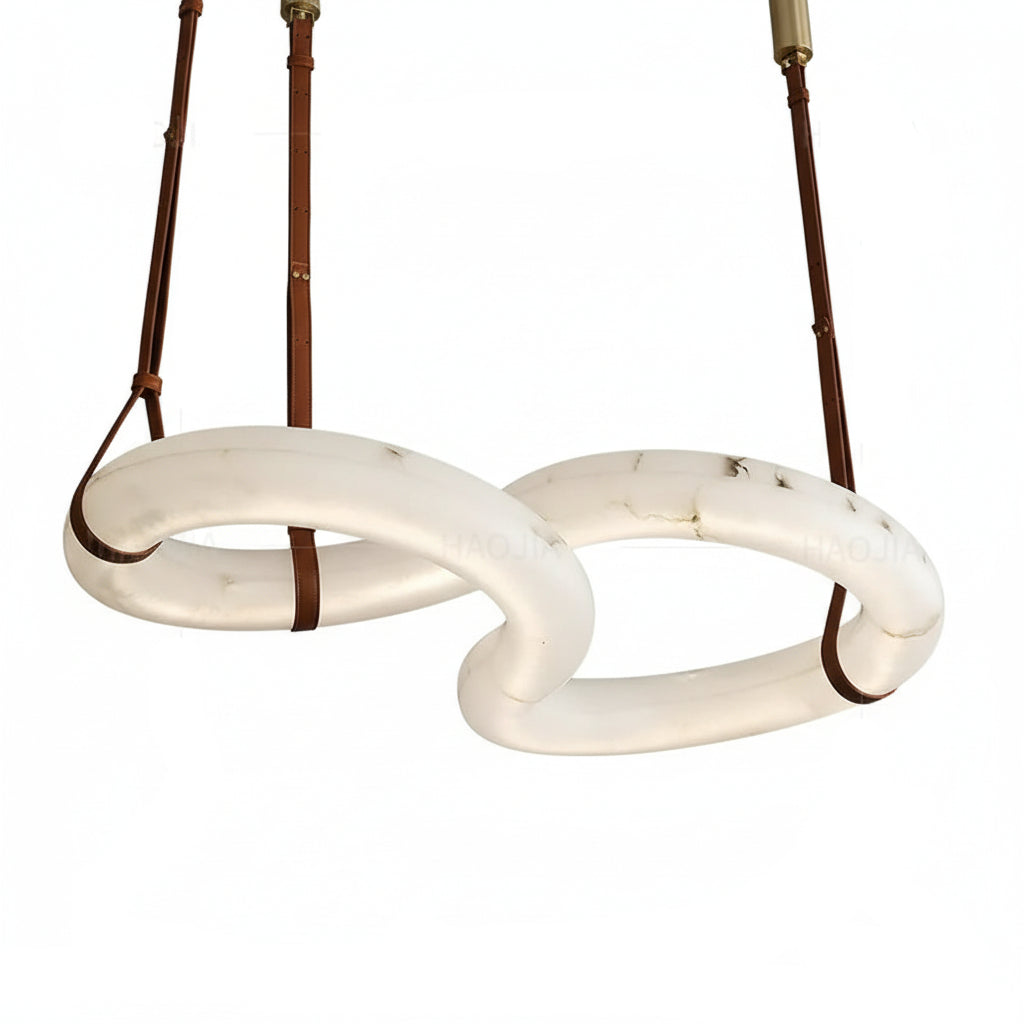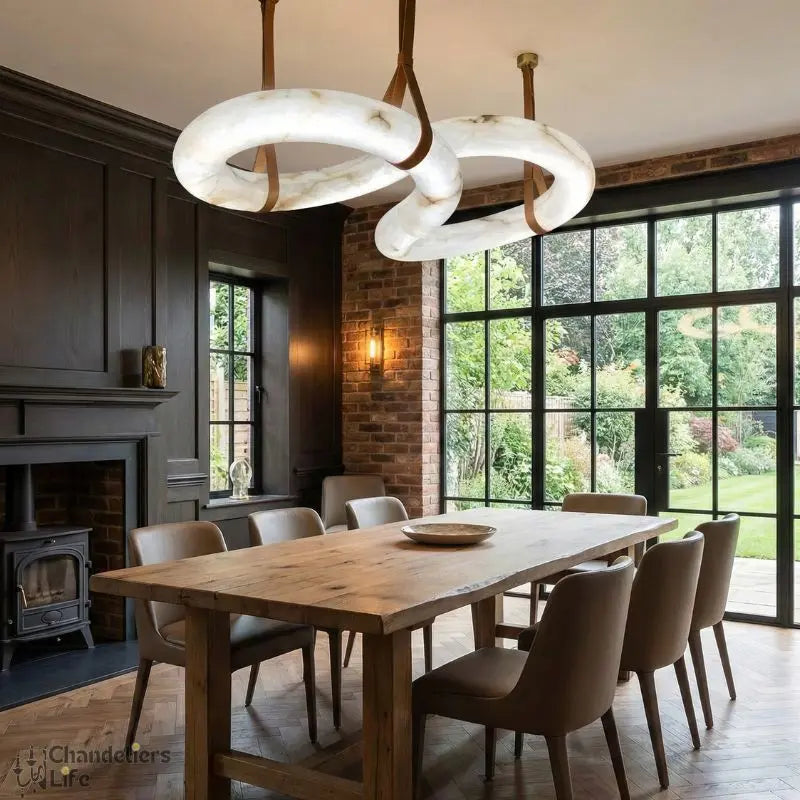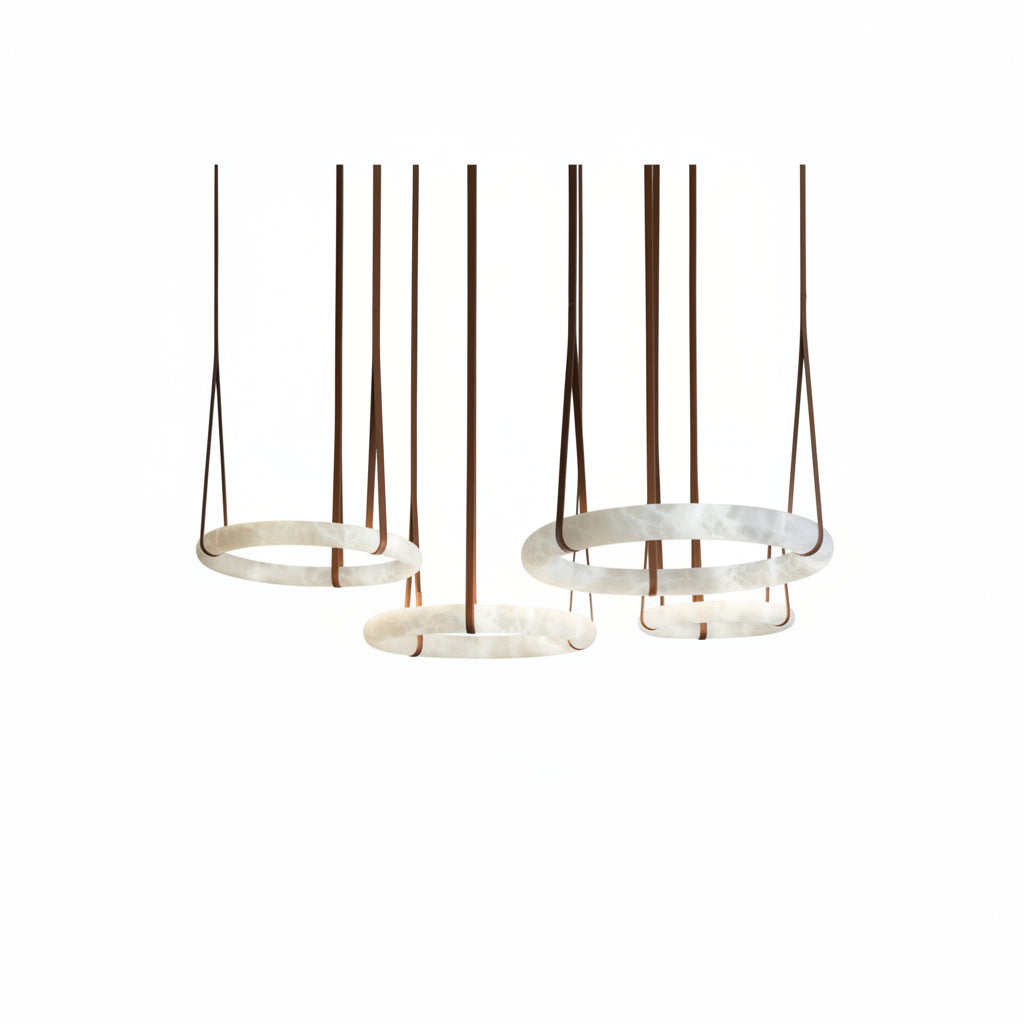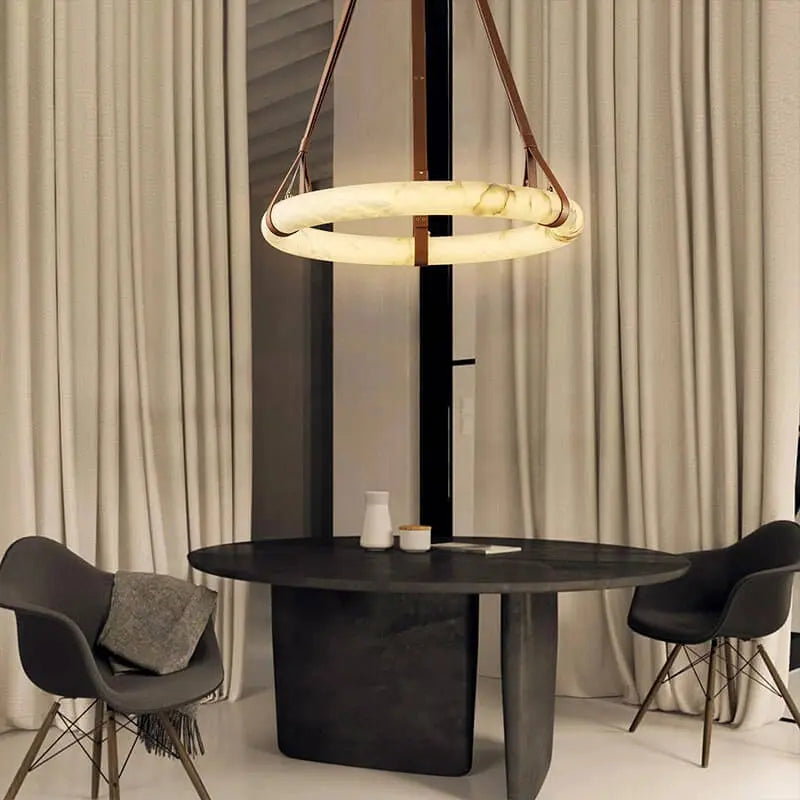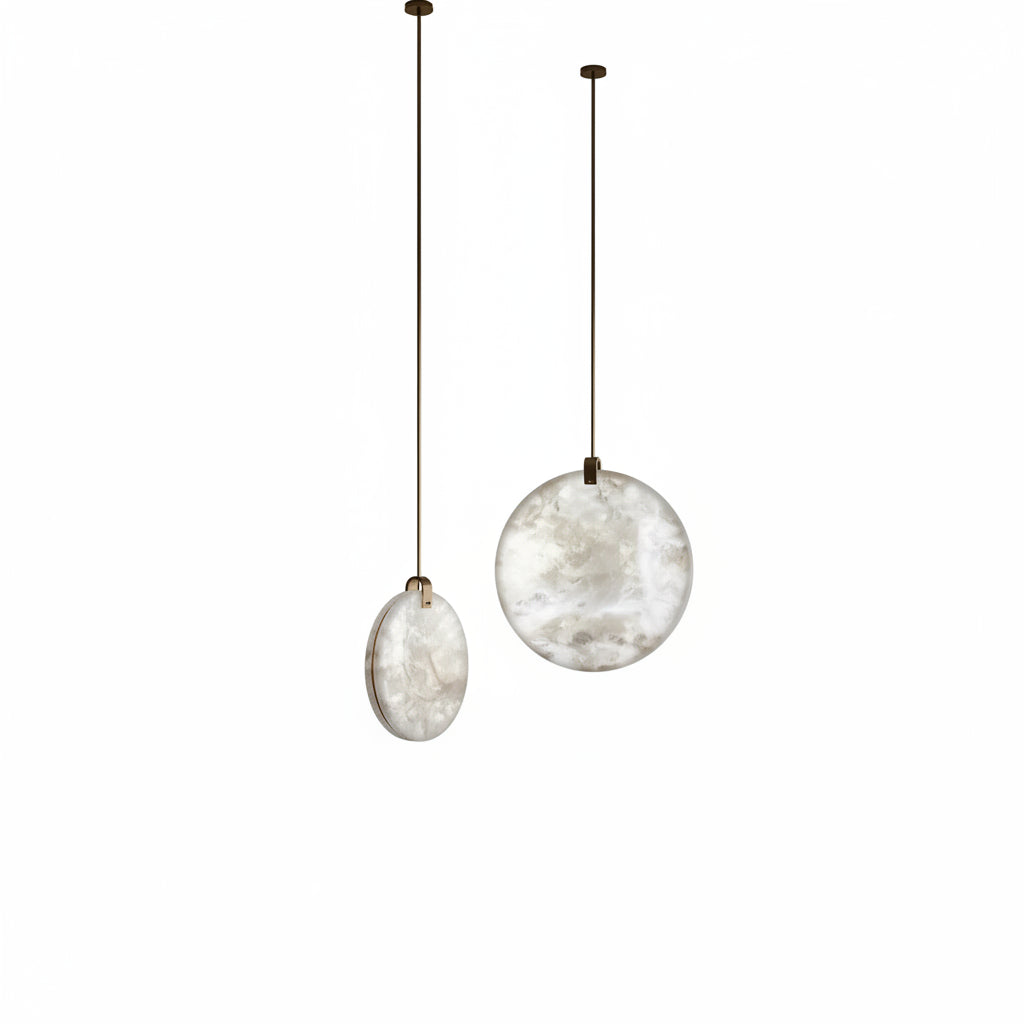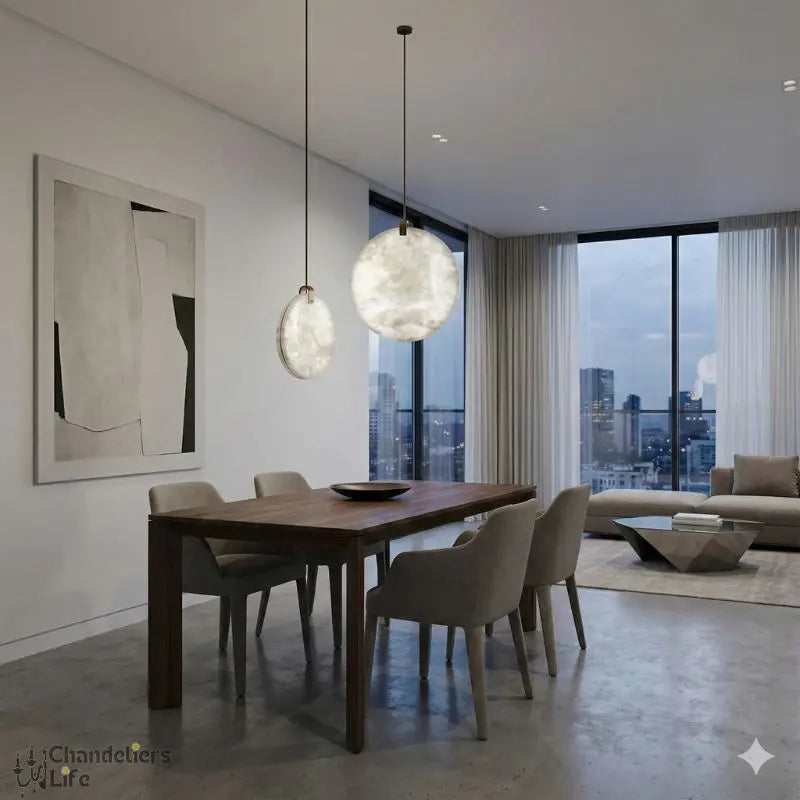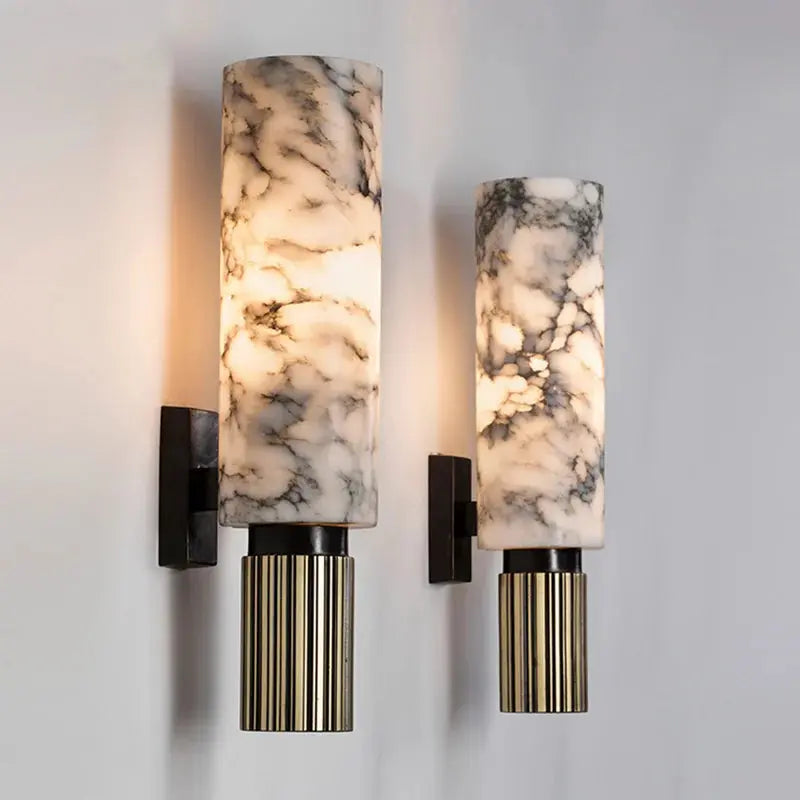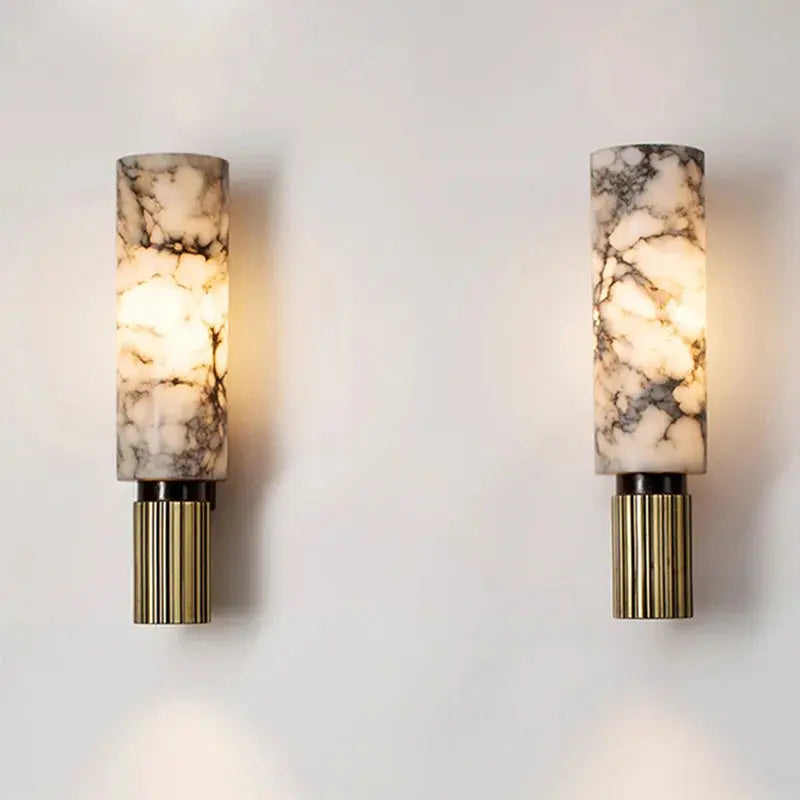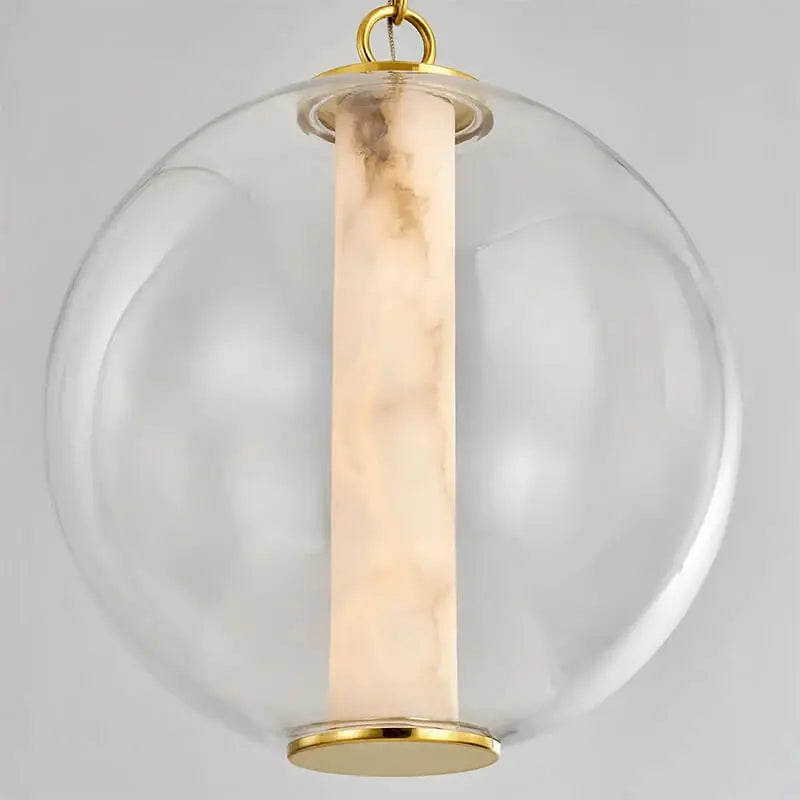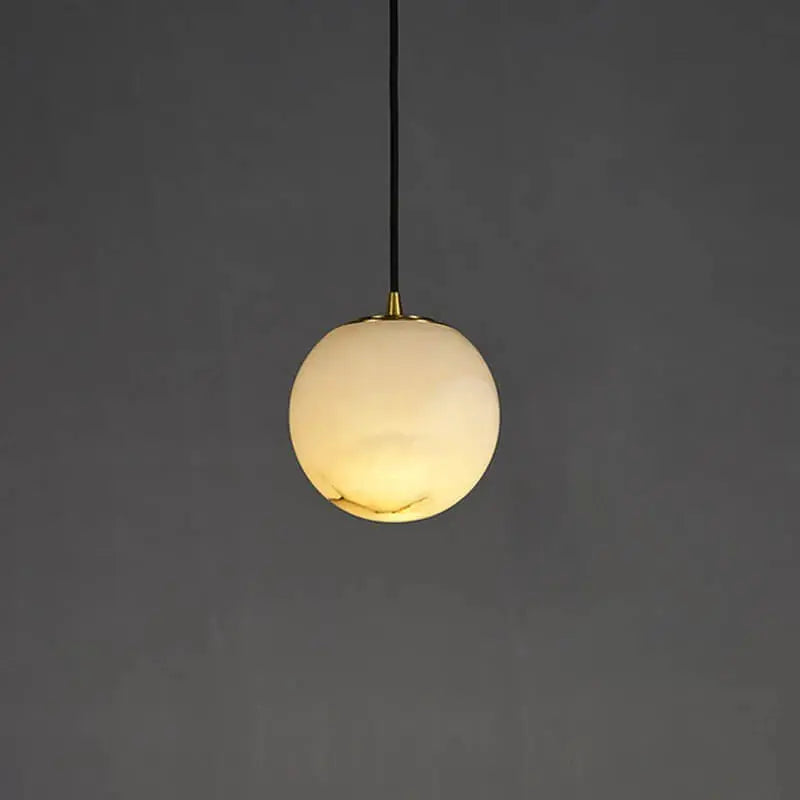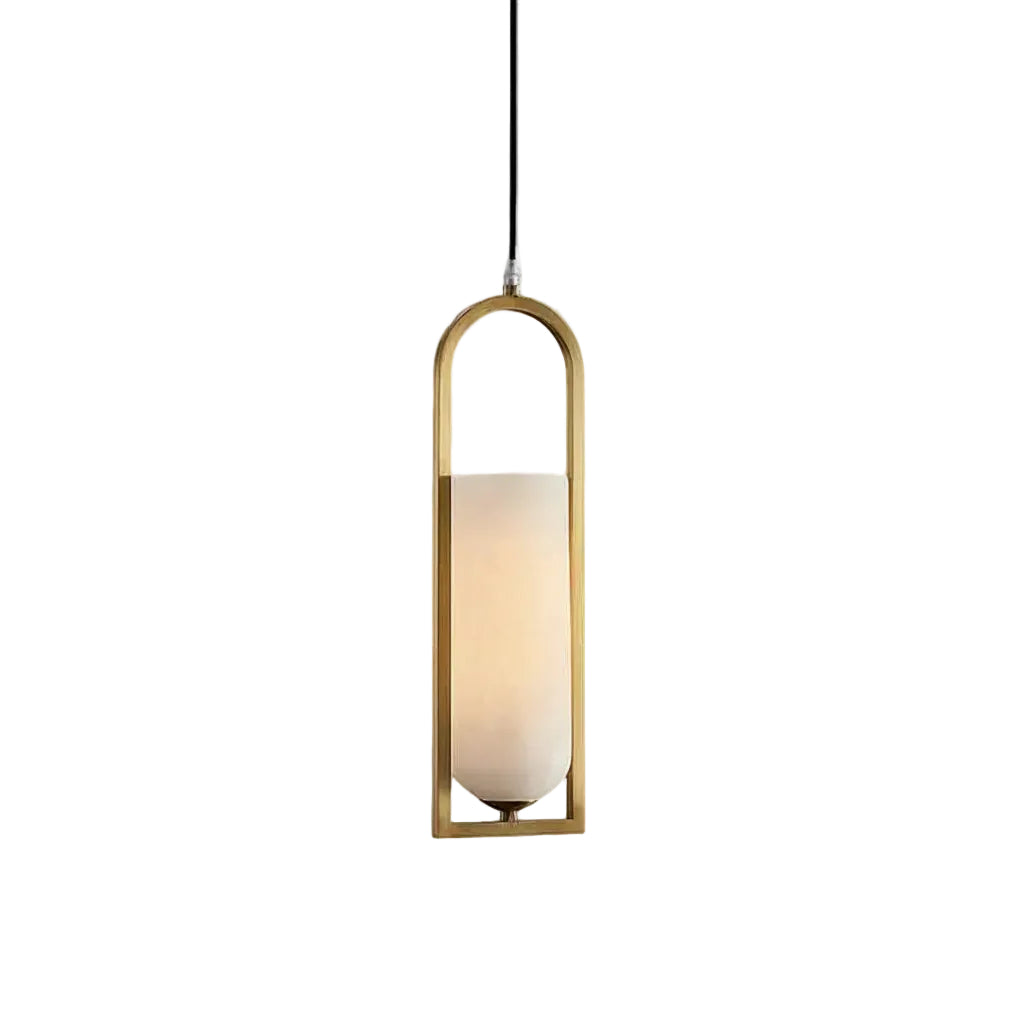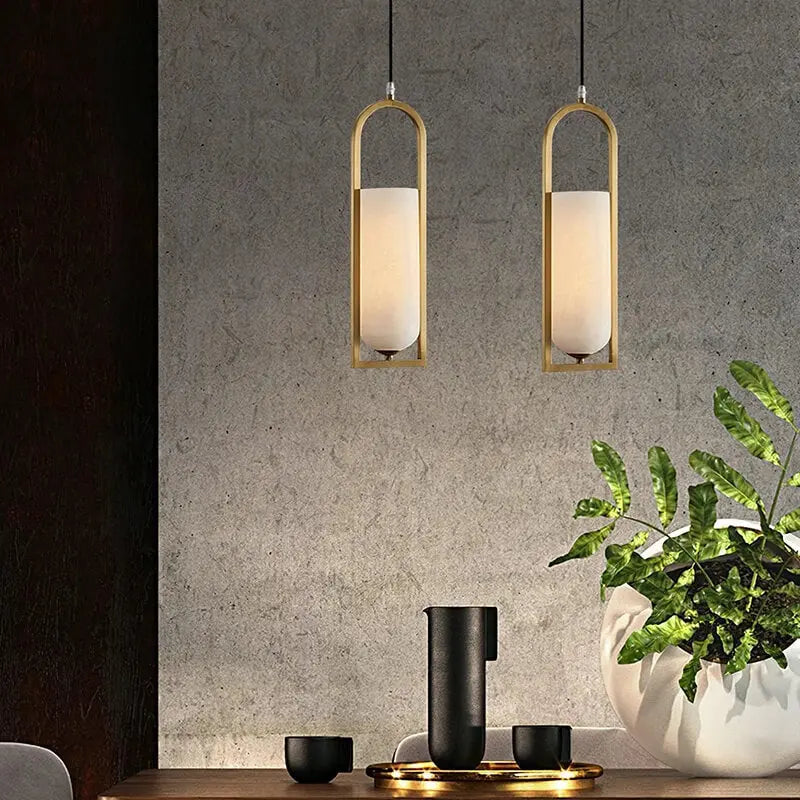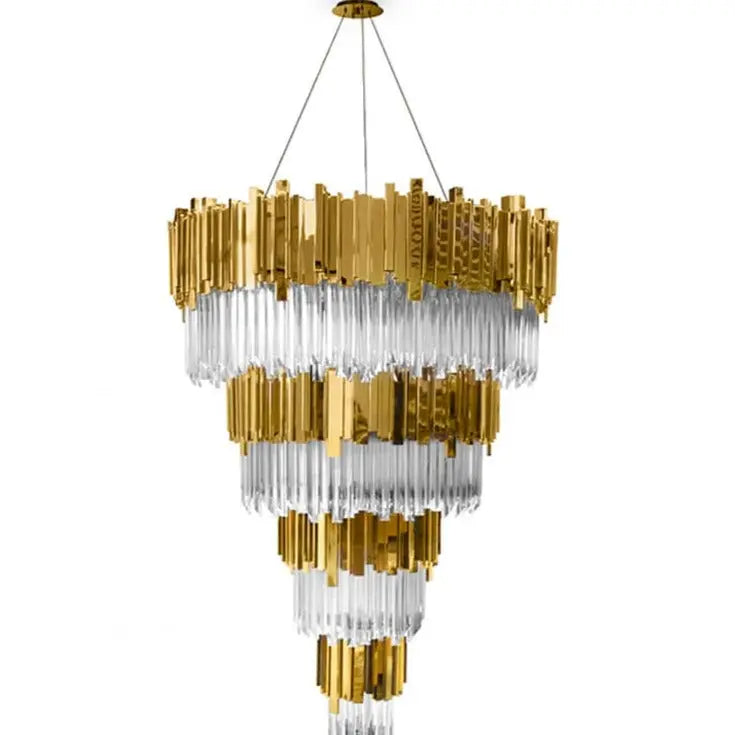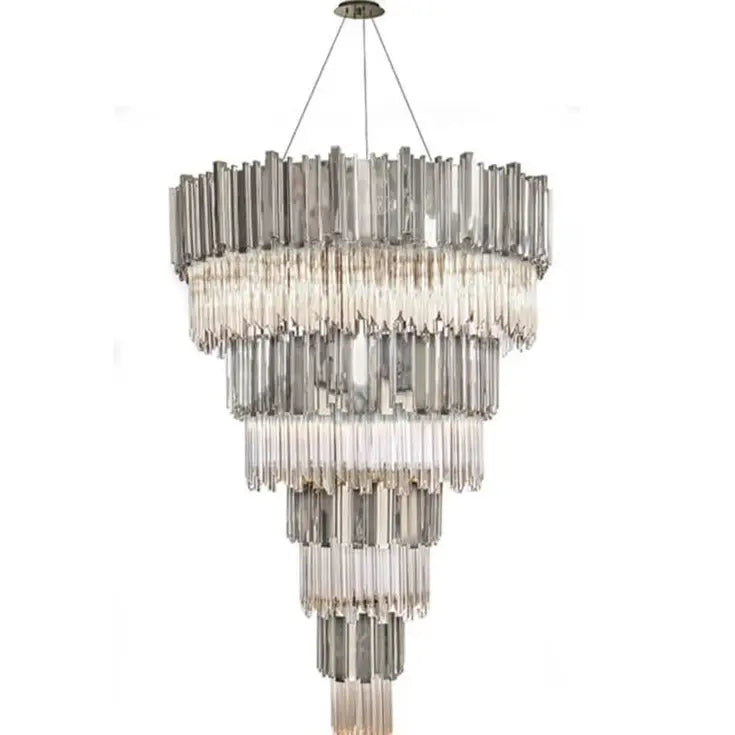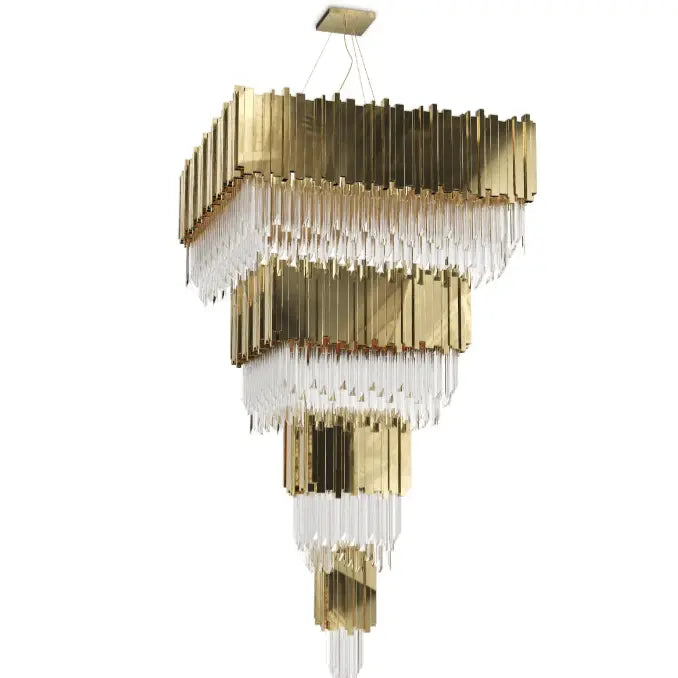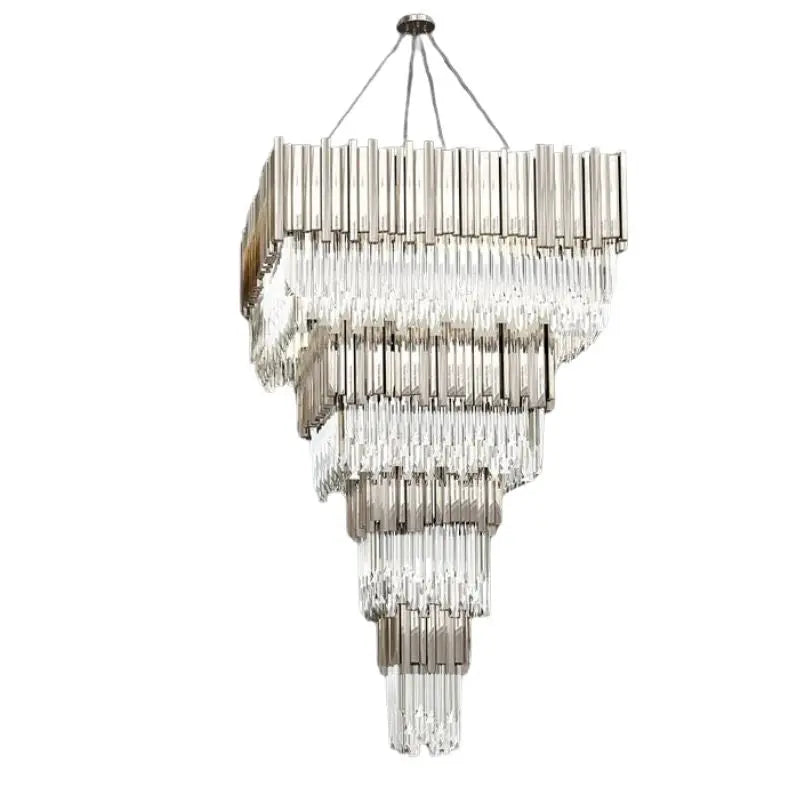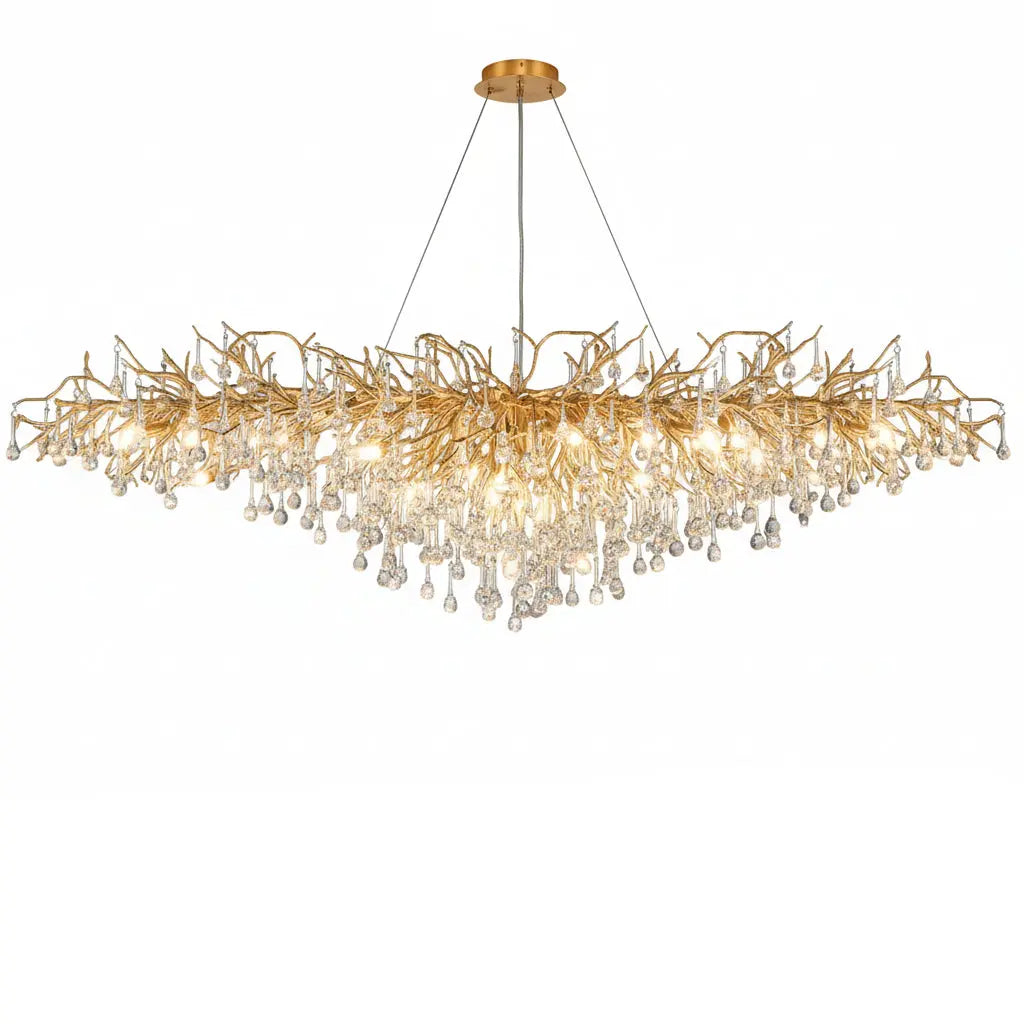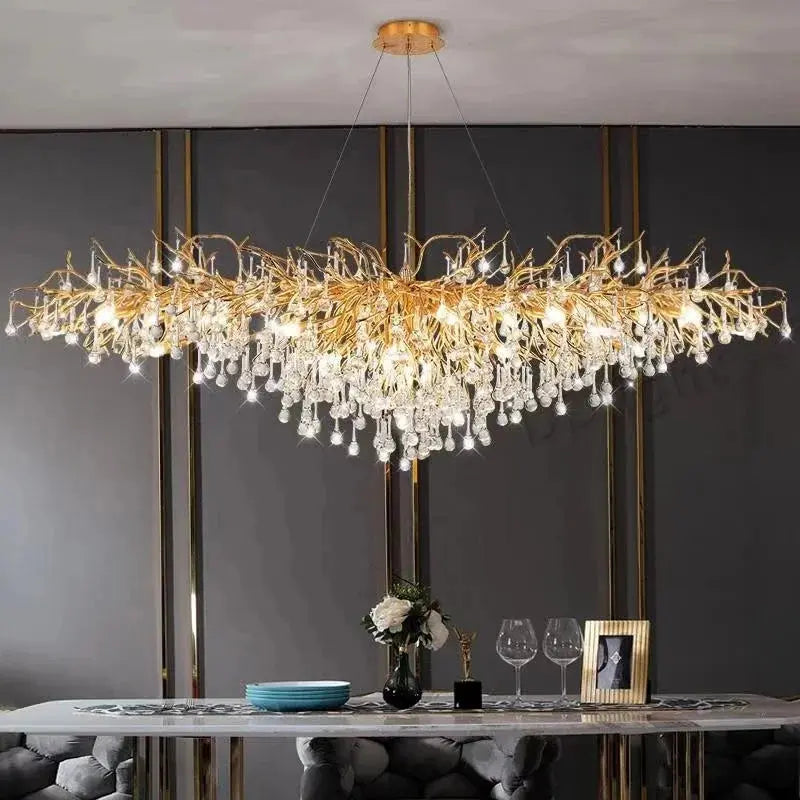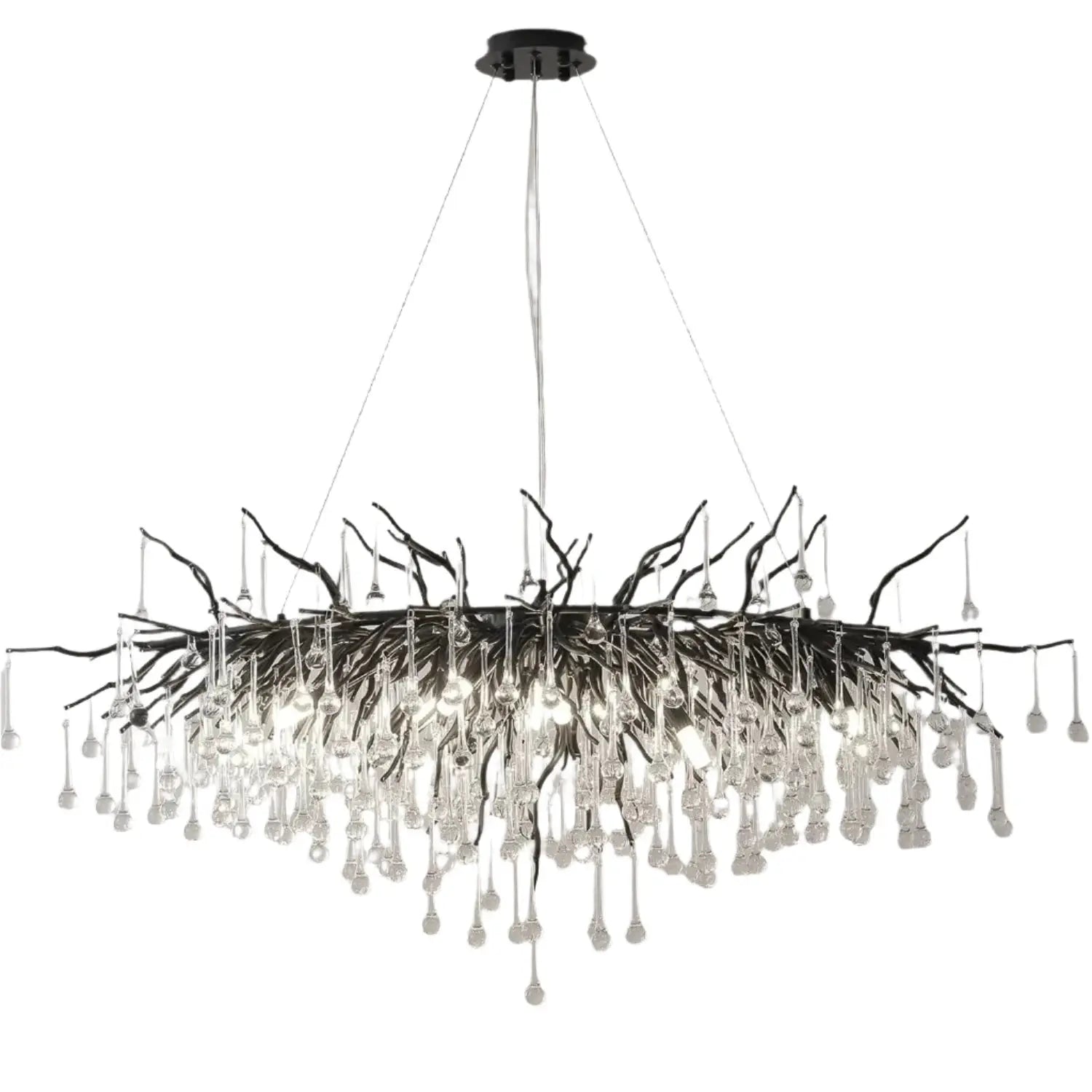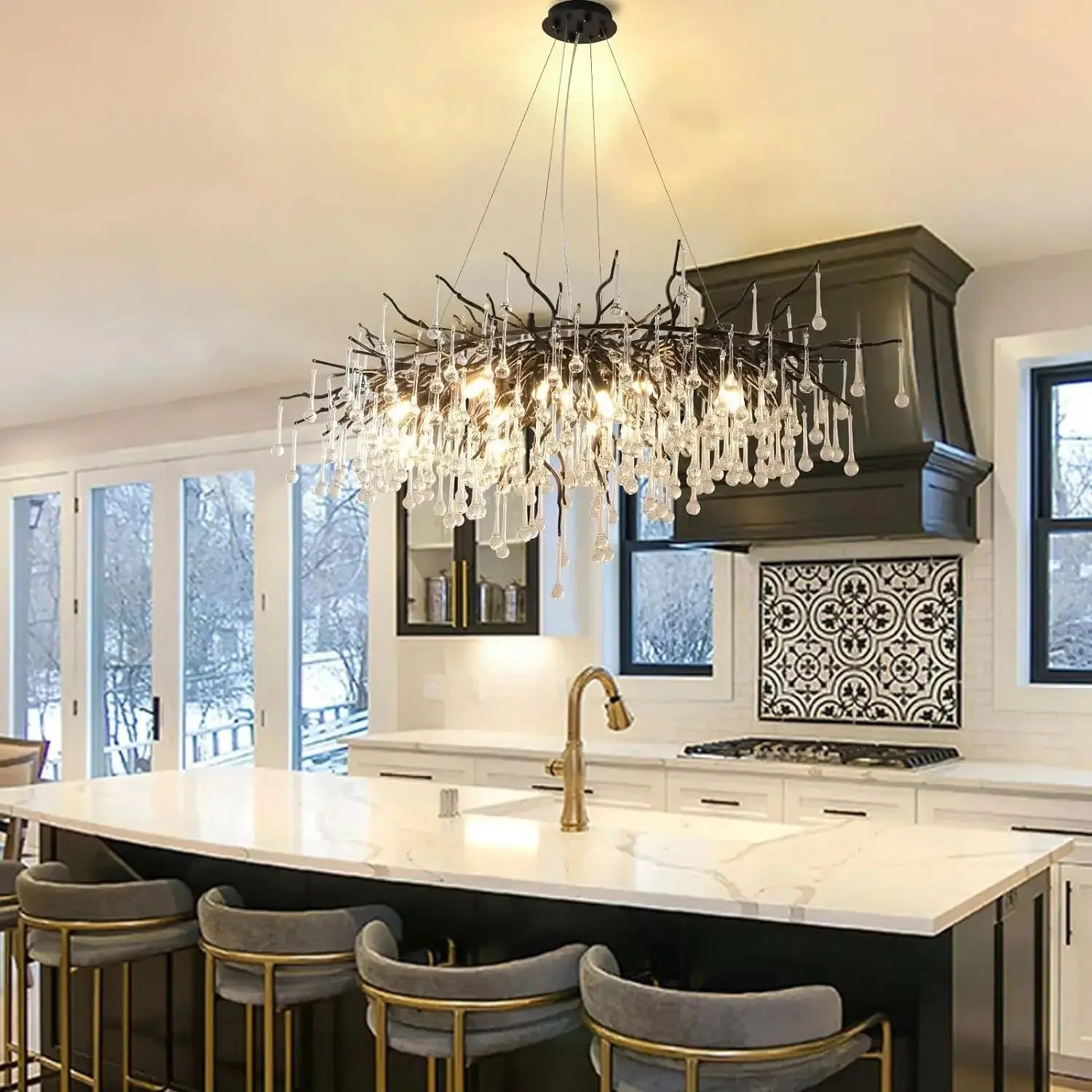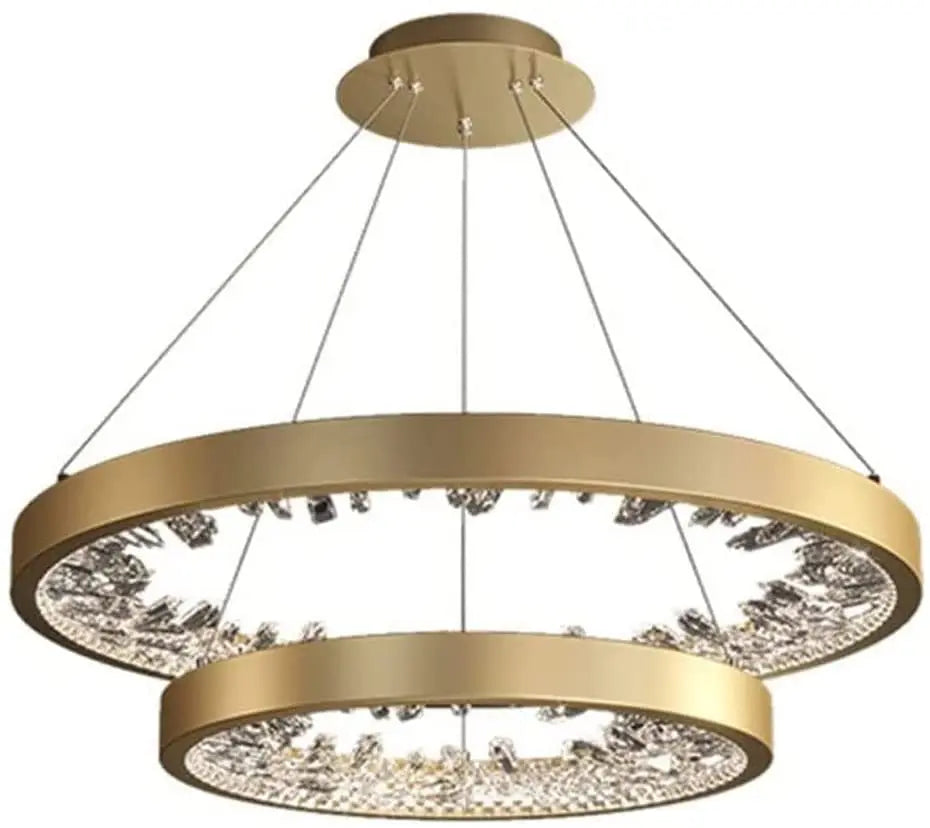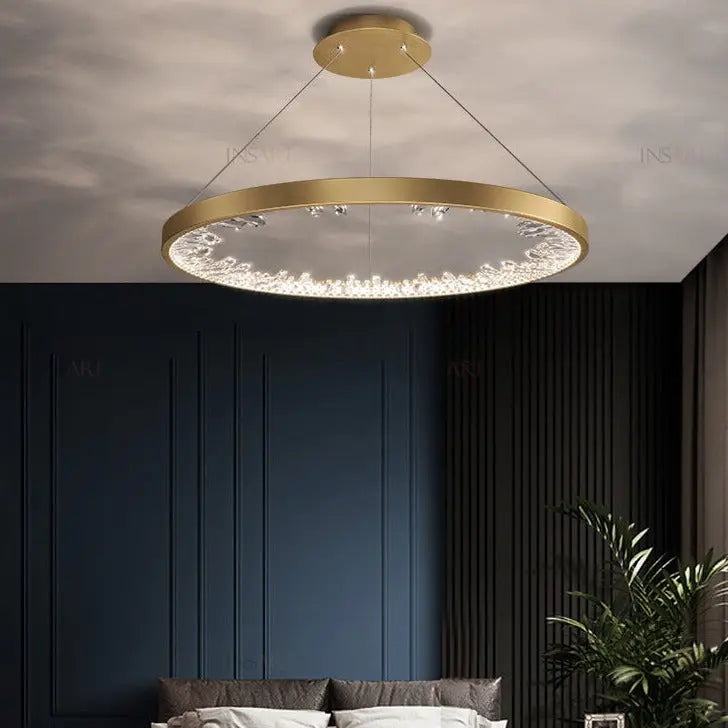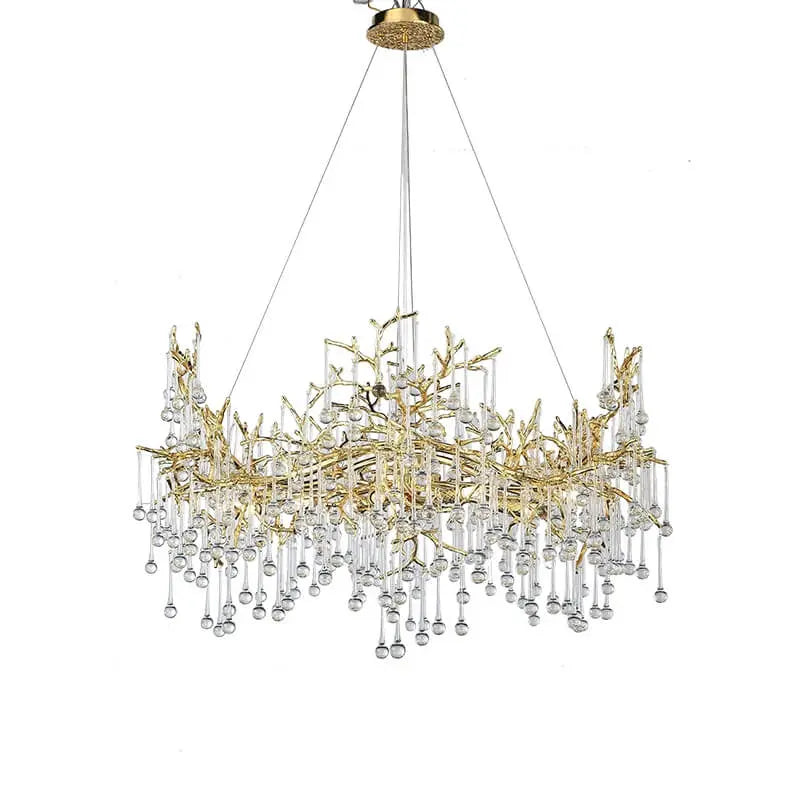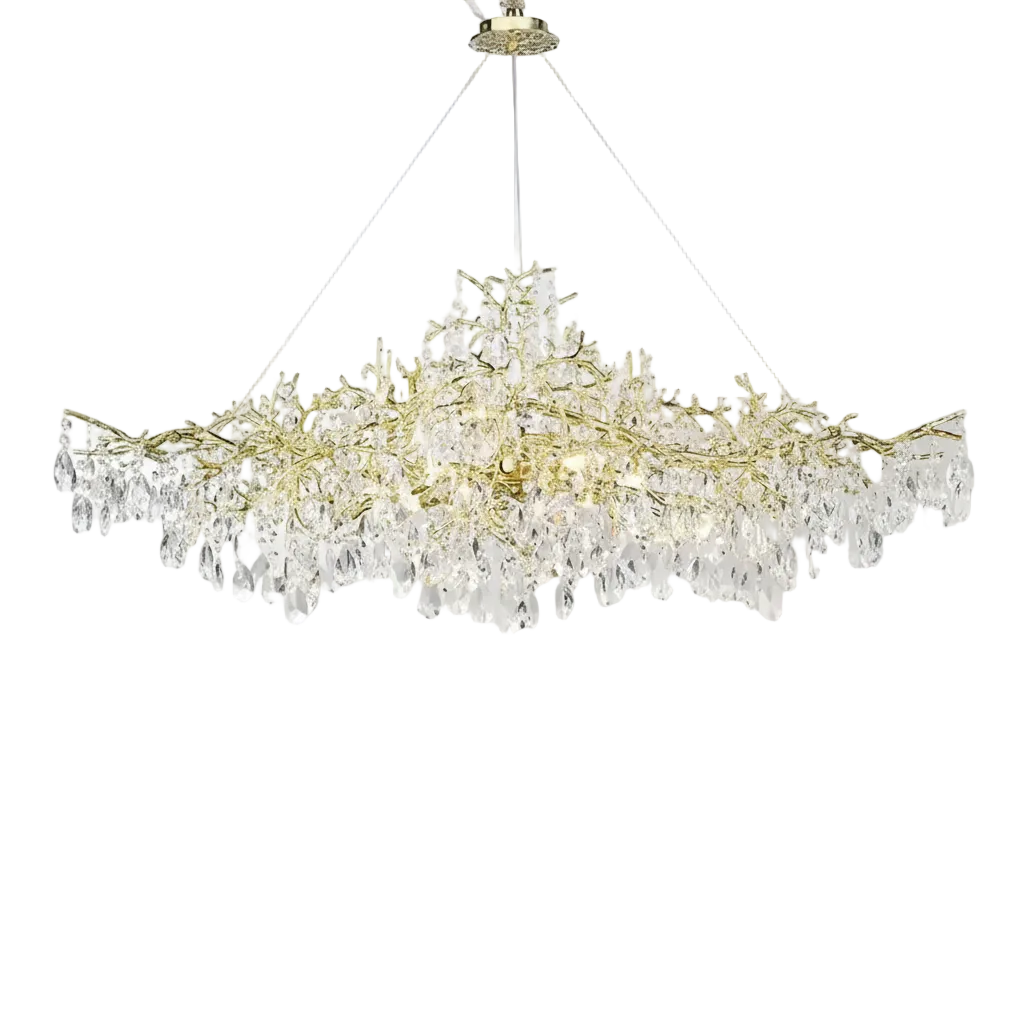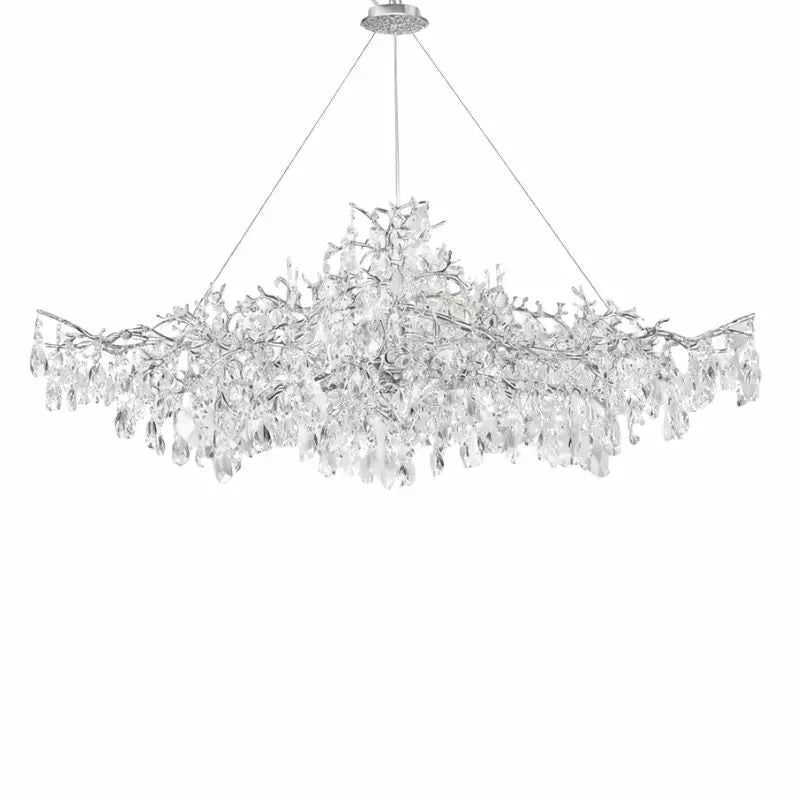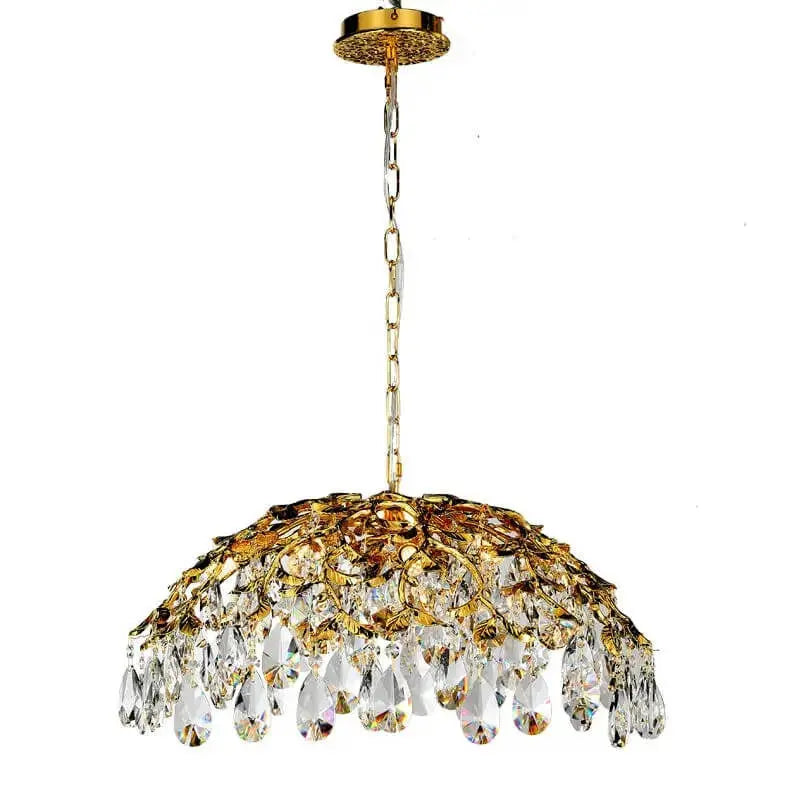Searching for the right apartment can feel overwhelming, but it doesn't have to be. This guide is here to help you navigate the process and find a place that fits your needs and budget. From understanding what to look for to tips on visiting apartments, we’ve got you covered. Let’s dive into the essentials of apartment hunting!
Key Takeaways
- Know your must-haves before you start looking.
- Create a budget that includes all expenses, not just rent.
- Use online resources to find listings and compare options.
- Visit multiple apartments to see what feels right for you.
- Read the lease carefully to understand your rights and responsibilities.
1. Apartment Listings
Finding the right apartment can be exciting yet overwhelming. The digital age has made apartment hunting easier than ever. Here are some key points to consider:
Online Listings
- Websites like Zillow, Apartments.com, and Rent.com are great places to start.
- You can filter your search based on your budget, location, and desired amenities.
- Many listings offer virtual tours, so you can explore from home.
Social Media and Networks
- Inform friends and family that you’re looking for a new place; they might have leads.
- Join local Facebook groups or Reddit communities for shared listings.
- These platforms can also give you insights into the neighborhood, like nearby restaurants and stores.
Real Estate Agents
- Consider working with a real estate agent who knows the area well.
- They can help you find luxury homes or affordable homes that fit your needs.
- Agents often have access to listings before they hit the market.
Starting your search early can help you find the best options and avoid last-minute stress.
Tips for a Successful Search
- Start your search 1-2 months before your move date.
- Use a mix of online platforms and local resources.
- Be cautious of scams; always verify listings before making any commitments.
By utilizing these resources, you can find the perfect apartment homes, whether you’re looking for loft homes or townhouse homes. Happy hunting!
2. Budget Planning
When searching for an apartment, planning your budget is essential. It helps you find a place that fits your finances without causing stress. Here are some steps to guide you:
1. Define Your Budget
- Start by looking at your total monthly income. This includes your salary and any side jobs.
- List your monthly expenses, such as groceries, utilities, and transportation.
- This will show you how much you can afford for rent after covering your necessary costs.
2. Stick to the 30% Rule
- A good rule of thumb is to spend no more than 30% of your gross monthly income on rent. For example, if you earn $4,000 a month, aim for rent under $1,200.
3. Account for Additional Costs
- Remember, rent isn’t the only expense. Consider these extra costs:
- Utilities: Some apartments include these, while others do not.
- Internet and Cable: These are usually separate from rent.
- Parking Fees: If you have a car, check if there are extra charges for parking.
- Security Deposit: This is often one or two months' rent and is refundable if you leave the apartment in good condition.
- Pet Fees: If you have pets, be aware of any additional costs.
4. Plan for Future Rent Increases
- Think about potential rent hikes when setting your budget. Many leases allow for increases, so ensure your budget can handle this.
Tip: Always keep some flexibility in your budget to accommodate unexpected expenses or increases in rent.
By following these steps, you can create a budget that helps you find the right apartment without financial strain. Remember, a well-planned budget is your best friend in the apartment hunting process!
3. Apartment Amenities
When searching for an apartment, the amenities can greatly enhance your living experience. Here are some key features to consider:
1. Essential Amenities
- In-Unit Laundry: Having a washer and dryer in your apartment saves time and effort.
- Modern Kitchen: Look for updated appliances and enough counter space for cooking.
- Fitness Center: A gym on-site can help you stay active without leaving home.
2. Outdoor Spaces
- Swimming Pool: A pool can be a great way to relax and socialize.
- BBQ Areas: Perfect for gatherings with friends and family.
- Gardens: Green spaces can enhance your living environment.
3. Unique Features
| Feature | Description |
|---|---|
| Smart Home Technology | Control lights and temperature remotely. |
| Energy-Efficient Appliances | Save on utility bills and reduce your carbon footprint. |
| Pet-Friendly Options | Look for amenities that cater to your furry friends. |
Remember, the right amenities can make your apartment feel like home. Consider what features are most important to you before making a decision.
By focusing on these aspects, you can find an apartment that not only meets your needs but also enhances your lifestyle.
4. Online Resources
In today's world, finding an apartment has become much easier thanks to the internet. Online platforms offer a variety of tools to help you in your search. Here are some key resources to consider:
1. Apartment Listing Websites
- Zillow: A popular site with many listings.
- Apartments.com: Offers detailed filters for your search.
- Rent.com: Great for finding rental options quickly.
These websites allow you to filter by price, location, and amenities, making it easier to find what you need. You can even see virtual tours of some apartments!
2. Social Media and Community Groups
- Facebook Groups: Join local groups where listings are often shared.
- Reddit Communities: Engage with others who might know of available rentals.
- Nextdoor: A neighborhood app that can provide local insights.
These platforms can help you discover apartments that may not be listed on major websites.
3. Real Estate Agents
Working with a real estate agent can be beneficial. They often have access to exclusive listings and can guide you through the rental process. This can save you time and help you find the best options.
Remember: Starting your search early and using a mix of online resources can give you a better chance of finding the perfect apartment.
4. Online Reviews and Ratings
Check reviews of apartments and landlords on various platforms. This can give you insights into the living experience and help you avoid potential issues.
By utilizing these online resources, you can streamline your apartment search and find a place that fits your needs perfectly!
5. Neighborhood Research
When searching for an apartment, understanding the neighborhood is just as important as the apartment itself. Here are some key points to consider:
1. Safety and Security
- Look for crime rates in the area.
- Check if there are community watch programs.
- Visit the neighborhood at different times of the day to gauge safety.
2. Amenities and Services
- Identify nearby grocery stores, parks, and restaurants.
- Check for public transportation options.
- Look for schools and healthcare facilities if needed.
3. Community Vibe
- Talk to locals to get a feel for the community.
- Attend local events or visit community centers.
- Explore social media groups for neighborhood insights.
| Feature | Importance Level |
|---|---|
| Safety | High |
| Access to Amenities | Medium |
| Community Engagement | Low |
Exploring different neighborhoods can help you find the perfect fit for your lifestyle. Don't hesitate to visit multiple areas to see what feels right for you!
6. Lease Agreements
When renting an apartment, understanding the lease agreement is crucial. This document outlines your rights and responsibilities as a tenant. Here are some key points to consider:
Review the Lease Carefully
Before signing, take time to read the lease thoroughly. It’s a legally binding contract, so understanding every part is essential. Focus on these aspects:
- Rent amount and due date: Make sure it matches what you discussed and check for late payment penalties.
- Security deposit: Know how much you need to pay, what it covers, and how you’ll get it back.
- Lease length: Ensure the duration fits your plans, whether it’s 6 months or a year.
- Maintenance responsibilities: Clarify who is responsible for repairs and upkeep.
- Renewal terms: Be aware of how to renew or terminate the lease.
Negotiate Lease Terms
You might have room to negotiate certain aspects of your lease:
- Rent: If you have a good rental history, you may ask for a lower rent.
- Lease duration: Discuss if you prefer a shorter lease or a month-to-month option.
- Clauses: If there are terms you’re uncomfortable with, bring them up before signing.
Get Everything in Writing
If you agree on changes during negotiations, make sure they are documented in writing. Verbal agreements are not legally binding. For example, if the landlord agrees to cover certain maintenance costs, ensure this is included in the lease.
Move-In Inspection
Before finalizing the lease, ask about the move-in inspection. This is your chance to document the apartment’s condition. Walk through with the landlord, note any damage, and take photos. This will help protect your security deposit later.
Sign the Lease and Secure Copies
Once you’re satisfied with the lease terms, it’s time to sign. Make sure both you and the landlord sign the document, and ask for a copy for your records. Having your copy is important for reference and can help in case of disputes.
Understanding your lease is key to a smooth rental experience. Take your time to review and negotiate terms that work for you!
7. Apartment Visits
Visiting potential apartments is a crucial step in your rental journey. This is your chance to see if the place feels like home. Here are some key things to focus on during your visits:
1. Condition of the Apartment
- Check for any damages or repairs needed.
- Ensure that all appliances are in working order.
- Look for signs of water damage or leaks.
2. Safety and Security
- Assess the building’s security features, such as locks and alarms.
- Look for well-lit common areas.
- Check if there are security cameras in place.
3. Noise Level
- Listen for any disruptive noise from traffic or neighbors.
- Pay attention to sounds from nearby businesses.
- Consider visiting at different times to gauge noise levels.
4. Amenities
- Examine available amenities like laundry facilities, parking, and gyms.
- Check if there’s a pool or communal spaces.
- Ask about maintenance services for amenities.
5. Neighborhood
- Take a walk around the neighborhood to assess safety and cleanliness.
- Look for nearby grocery stores, parks, and public transport.
- Talk to locals to get a feel for the community.
Remember, a thorough visit can save you from future hassles. Make sure to ask questions and take notes during each visit to compare your options later.
When you find a place that feels right, you might just have discovered your next home, whether it’s an industrial home or an open-plan home. Happy apartment hunting!
8. Pet Policies
When searching for an apartment, understanding the pet policies is crucial if you have furry friends. Here are some key points to consider:
1. Pet Deposits and Fees
- Many apartments require a pet deposit. This is a one-time fee that covers potential damages caused by your pet.
- Some places may charge a monthly pet fee in addition to the deposit.
- You might be able to negotiate a lower deposit or even eliminate the monthly fee, especially if you have a good rental history.
2. Breed and Size Restrictions
- Different apartments have different rules regarding pet breeds and sizes. Common restrictions include:
- No aggressive breeds (like Pit Bulls or Rottweilers)
- Size limits (e.g., dogs over 50 pounds may not be allowed)
- Always check the specific rules before applying.
3. Additional Considerations
- Some apartments may have designated pet areas or parks nearby, which can be a big plus for pet owners.
- Make sure to ask about any pet-related amenities, such as grooming stations or pet washing areas.
Remember: Always get any agreements about pets in writing. This protects you and ensures there are no surprises later on.
9. Safety Features
When looking for an apartment, safety should be a top priority. Here are some important safety features to consider:
1. Secure Entry
- Look for buildings with controlled access, such as key fobs or security codes.
- Check if there are security cameras in common areas.
- Ensure there is adequate lighting in entryways and hallways.
2. Fire Safety
- Verify that smoke detectors are installed and functioning.
- Ask about fire extinguishers and their locations.
- Check if the building has a fire escape plan.
3. Emergency Services
- Find out how close the nearest hospital or emergency services are.
- Look for apartments that have a good response time from local police and fire departments.
4. Neighborhood Safety
- Research crime rates in the area.
- Talk to current residents about their experiences.
- Visit the neighborhood at different times to gauge safety.
Remember, a safe apartment not only protects your belongings but also gives you peace of mind. Prioritize safety features when searching for your new home!
10. Rental Market Trends
Understanding the rental market trends is crucial for anyone looking to rent an apartment. The rental market can change based on various factors, including the time of year, location, and economic conditions. Here are some key points to consider:
- Peak Seasons: Rental demand often spikes during certain times of the year. For example, summer is a busy season, especially in college towns where leases typically start in the fall.
- Price Fluctuations: Rental prices can vary significantly based on the season and location. Being aware of these trends can help you negotiate better deals.
- Neighborhood Changes: Some neighborhoods may become more desirable over time, leading to increased rental prices. Keeping an eye on these changes can help you find the best deals.
| Month | Average Rent | Change from Previous Month |
|---|---|---|
| January | $1,200 | +2% |
| February | $1,220 | +1.67% |
| March | $1,250 | +2.46% |
| April | $1,300 | +4% |
Staying informed about rental market trends can help you make better decisions and find the right apartment for your needs. Explore a wide range of exquisite chandeliers and pendant lights to elevate your home decor as you settle into your new space!
The rental market is changing fast, and it's important to stay updated. Whether you're looking to rent or invest, understanding these trends can help you make better choices. For more insights and tips, visit our website today!
Final Thoughts on Your Apartment Search
Finding the right apartment can feel like a big challenge, but it doesn't have to be. By planning ahead and knowing what you want, you can make the search easier and more enjoyable. Remember to think about your budget and what features are most important to you. Take your time to visit different places and really check them out. With the tips in this guide, you're ready to start your journey to find a place you'll love. Good luck, and happy apartment hunting!
Frequently Asked Questions
How can I find an apartment if I have bad credit?
You might consider offering a bigger security deposit, having a co-signer, or showing proof of a steady income. Some landlords may still rent to you if you explain your situation.
What’s the quickest way to find an apartment?
Use several online sites, set alerts for new listings, and have your documents ready. You can also reach out to local real estate agents to speed things up.
Which apartment search engine is the best?
Some popular choices are Zillow, Apartments.com, and Realtor.com. They all have great filters, real-time listings, and user reviews to help you find the right place.
What are the top tips for finding an apartment?
Make sure to set a budget, start your search early, and research both the area and the landlord. Being organized with your documents and understanding your lease are also very important.
How can I find an apartment if I’m unemployed?
You might need to show proof of savings or get a co-signer. Some landlords may consider your rental history or ask for a larger deposit.
What should I look for during an apartment visit?
Pay attention to the apartment's condition, safety features, noise levels, and available amenities. Also, check out the neighborhood to see if it fits your needs.



